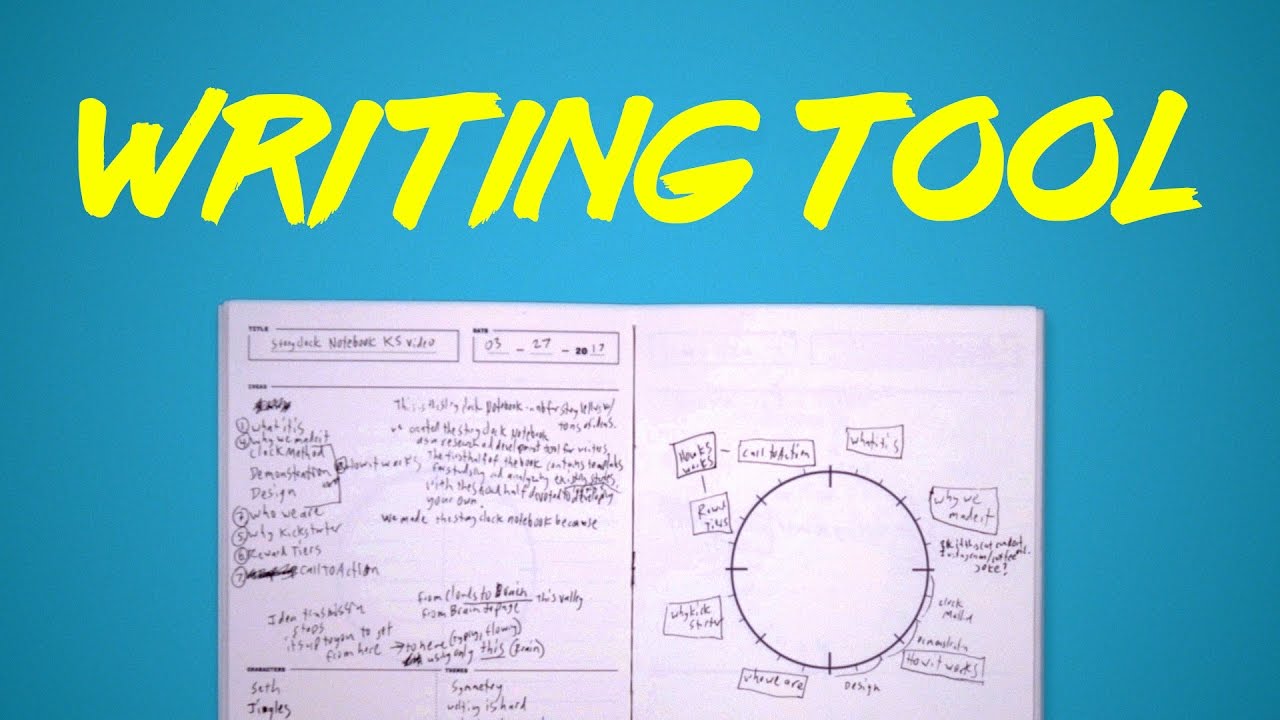Hello everyone,
It has been a while since I last posted here and some of you may be wondering what happened to me. Radio silence does not equal dead, at least not in this case. In fact, I have been quite busy. I’ve been working on several short stories and editing a novel.
During January and February, I worked on several different flash fiction and short stories. I always enjoyed creating short stories. It was what got me into writing in the first place. Being able to have fun and write whatever popped into my mind is a great way to relax and improve my writing craft.
I know what you’re going to ask: “Hey, that’s great! Can we read them?”
Not yet. I have been going through all of them, one by one, and editing them. I want to deliver better work every time and if I don’t edit, you don’t get the content you deserve. Also, I have been taking some that I really enjoy, and I’ve been attempting to get them published in a few magazines. My mini goal this year was to get at least three short stories sold to a science fiction or fantasy magazine. It’s an ambitious goal, but even if I got just one story published, that would be incredible!
Now, if I don’t get a short story or flash fiction published, what do I do next? The plan is I will do another round of edits and then put them on the website…for free! Not all the short stories, but the ones I enjoyed the most. Some may be quite a bit different than what you are currently accustomed to, but some may feel familiar.
I’m also planning on doing a small information blog about short fiction magazines. There was a ton I learned when researching short stories and I would love to share what I learned with you. Another blog I would also like to share with you is about editing.
Around the middle of January, I was asked to edit a novel. No, this isn’t a big-name author or ghostwriter. It was my brother. He has a story that he’s been eager to tell, and I’ve been helping him go after it. In a later blog, I may go through the process of what I did and what I learned from the experience. However, this experience is still ongoing and I’m sure I’ll learn more as I go along.
I also plan this year to make some additional changes to the website, but when those happen, I’ll let you know.
Until next time, read, write repeat.
-J.J.






